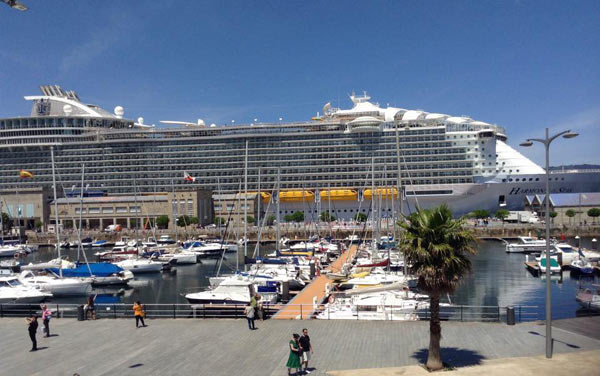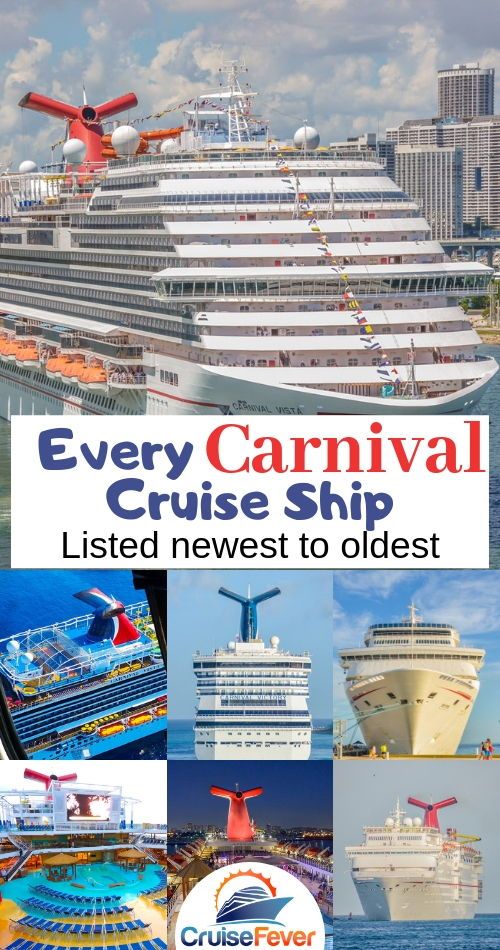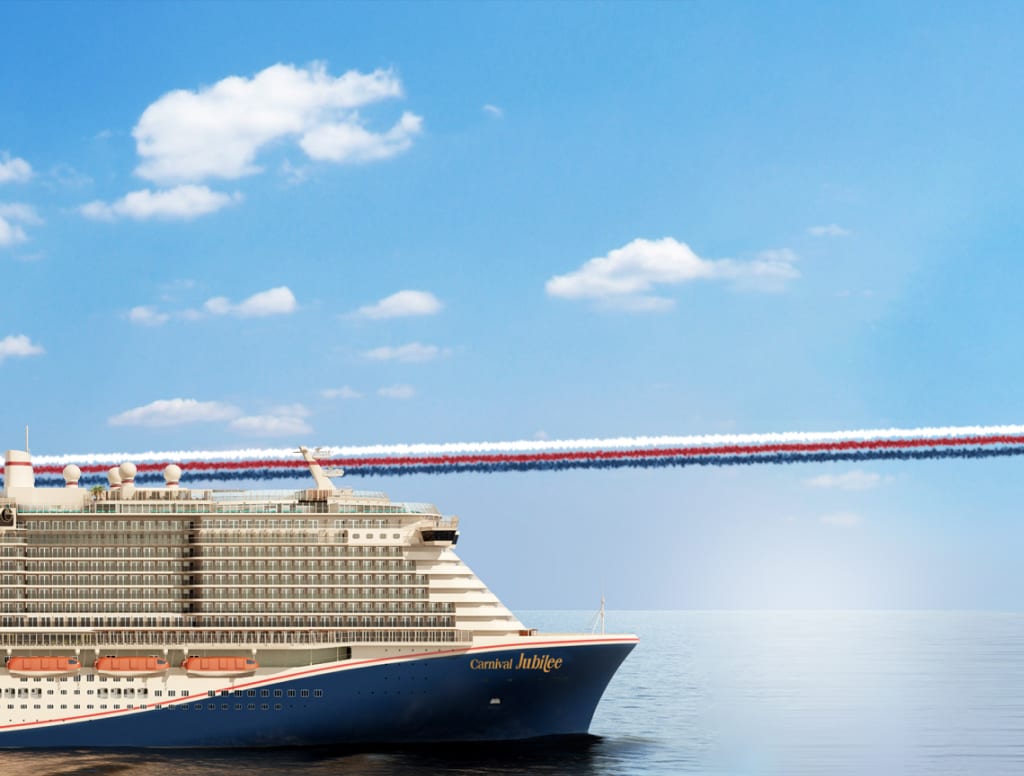
A cruise ship's medical centre is specifically designed to provide onboard health care for passengers and crew. This area usually includes separate reception areas, doctor's consultation rooms for passengers and crew, and dispensary, radiology room, and treatment rooms. These rooms can be equipped with sterile materials and surgical tools. A central nursing area and one to three 2-bed wards make up the inpatient area.
Medical staff aboard cruise ships
There are many factors that affect the medical staffing of a cruise ship. Regardless of the size, medical staff members are trained to perform a range of tasks, including emergency care, non-urgent nursing interventions, prescription monitoring, and documentation. The doctor also coordinates logistics for evacuations and referrals. Other tasks that medical staff can perform include administering medication, managing preventative health programs and managing passengers and crew.
Most cruise lines have a medical facility located on the lower deck of the ship. There are nurses and doctors on call round the clock, as well as several beds for minor injuries and emergencies. Ship doctors and nurses are often trained to treat minor injuries, motion sickness, and respiratory symptoms. They may also work with local health services to ensure that proper care is provided. In addition to regular physician and nurse staff, the medical staff on a cruise ship should have experience with COVID.

Cost of medical treatment
Although cruise ships do not have floating hospitals, the onboard medical facilities of these vessels are much better than those at a typical shore hospital. Infirmaries can treat minor injuries and illnesses and stabilize passengers until they can be transferred to the nearest land hospital. Both basic and emergency care can be provided 24 hours a days. Although the hospital's medical services are less extensive than those at a regular hospital, doctors and nurses can treat common ailments.
Many health insurance plans don't cover medical care onboard or abroad. A hospital stay at a cruise port can cost several thousand dollars. Medicare is flexible and will reimburse some of the expenses, so long as the treatment has been deemed necessary. If the ship is located within six hours of an American port, it will also cover ambulance costs. If the hospital is near the residence, it may also be covered by the connected providers.
Medical center location
Although cruise ships don't have floating hospitals, there are medical facilities on board and staff trained to handle minor issues. Many ships have multiple beds, stretchers and backboards to treat spinal injuries. They also have defibrillators, cardiac monitors, and defibrillators. A number of cruise ships offer basic medical care and emergency rooms for passengers suffering from seasickness or motion sickness. Medical personnel are on hand 24 hours a day, seven days a week.
Cruise ships can become dangerous if there is a medical emergency. The medical team has the ability to handle both minor ailments and more serious situations. For severe emergencies, however, evacuation to a nearby port may be necessary. In these instances, the ship's manager may ask for assistance from nearby ships or helicopters. Passengers should dial 7-3000 immediately if an evacuation is impossible.

Qualifications of medical staff
The medical staff onboard a cruise ship must have a high level of education and experience in emergency medicine. To attend to any emergency, all doctors must be board certified. A minimum of three years post-graduate experience is required for nurses. All staff must also hold advanced life support certifications. All medical personnel on cruise ships must have the ability to use computer software.
Nurses working on board a cruise ship must be highly qualified and have the training required by the country they are traveling to. Although a bachelor's degree is not required, it is highly recommended. A RN license and advanced cardiac life support certification are required. Furthermore, nurses on cruise ships must have at most three years experience in emergency, acute, and specialized care. This typically refers back to working in a hospital environment.
FAQ
Is food allowed on a cruise?
The answer to that question is yes Food is complimentary on all cruises. For the best experience, you'll need to purchase beverages
Costs vary depending on the type of ship that you sail on. A luxury liner cruiser may cost $20-30 per person, depending on the drink you purchase. The cost for a small vessel will likely be lower at $10-15 per individual.
Should I book my cruise before or after booking my airfare?
It all depends where you are going. You should book your cruise in advance to have more flexibility regarding dates. If you are certain that you will be traveling to Europe in the summer, you can plan your cruise around these dates. To avoid paying high season prices, book your cruise if you're going to Asia or South America.
What should I do on my cruise?
If you are interested in visiting different ports of call, you should consider where you want to visit. These details can also be used to help you narrow down your search. If you are passionate about history, you may want to take a cruise that takes you to places like Alaska, Bermuda and Canada. A cruise that includes places such as Jamaica and Tahiti can be a good choice if you're more into water sports and beaches.
What is a cruise vacation like?
An all-inclusive vacation on a cruise ship is the best description. You are taken care of at all times. All amenities are available, including entertainment, dining options, spas, and excursions. It's not only a place to rest and eat, but also a chance to have fun and relax. All you have to bring is your senses of adventure.
How does cruising work?
The deposit, usually $50-$100, is required when you book a cruise. Your balance is due 30 days before departure. Check in at your cabin upon arrival at the port. You might then be able to take part in an onboard activity.
What kind of cabin should I get?
You should consider how big you need the cabin to be when you're deciding on it. Are you okay sharing a bath with another person? Would you prefer a private bathroom? Are you sensitive to noise? You will spend the majority of your time in your dining area, or relaxing in your private stateroom. Also, think about whether you want a balcony or an interior view. Balconies give you a little more space, but they can sometimes be noisy. Interior views tend to be quieter than balconies.
Are there any other things I need to know before I go on a cruise?
Before you go on your first cruise, there are many things that you should know. You will travel with others. Be kind to these people, as you will never know their opinions on anything. You will be sharing your meals with strangers. Dress appropriately. Do not wear shorts or tank tops on deck. Wear comfortable clothes that won't get dirty. Extreme temperatures are possible. You should always have plenty of sunscreen. For those times when you are outside, make sure to bring a hat, sunglasses and a lightweight jacket. Remember that you are responsible. Do not drink and drive.
Statistics
- For an example of savings, Royal Caribbean offers up to a 40% discount with a dining package. (travel.usnews.com)
- *20% Gratuities Apply on Free Unlimited Open Bar; Free Specialty Dining. (ncl.com)
- If you're traveling alone, you may also need to factor in a single supplement, adding up to as much as 100% of the cruise fare. (travel.usnews.com)
- You'll need to budget around $80 per person per day for this option – and an additional 18% gratuity. (travel.usnews.com)
External Links
How To
How to stay safe when on a Cruise Ship
You need to know a lot before you set sail on your cruise. It is essential that you know how to behave while onboard a cruise ship so you don’t get into trouble. These safety tips will ensure that you have a safe trip.
-
At all times, be aware of your surroundings. People tend to gather together on cruise ships, especially at meals. It is easy to lose sight of your task when you are surrounded by people who want food and chat. Do not let people distract you from your task. If you notice someone engaging in dangerous behavior, such as smoking, or drinking alcohol, politely tell them to stop.
-
Keep your room keys close to your body when you board a ship. When you get onboard, hand your key over to the person checking you in. If you get lost or need to be found, this will help you to locate your shipmates. Make sure you have your passport handy too.
-
Your valuables should be kept out of reach. Most cabins come equipped with drawers under the bed. That's a great place to store valuables such as passports, credit cards, and money. You should also make sure that nothing of value is visible. Put your bags away in the closet so no one can see them.
-
Stay hydrated. While cruise ships have plenty of water, sometimes it can be difficult for passengers to remember to drink enough. Take advantage of the free bottled water available throughout the ship. You should avoid becoming dehydrated. Dehydration makes you tired and cranky, leading to fights or accidents.
-
Attention to announcements. Announcements can be found everywhere including on television screens and on public address systems. They include safety procedures as well emergency exits and even weather reports. These announcements are important. They could save your life.
-
You should lock your door before you leave your cabin. No matter how kind a crew member might seem, your cabin should be locked. Thieves are known to break in through doors that are not locked. Crew members can give permission to you to use the restroom if you are in need.
-
Avoid falling overboard alone. It takes time for the ship’s crew to rescue anyone who falls overboard. Your body may be attracted by sharks and other sea creatures. It is best to wait for help.
-
Do not smoke in an elevator. These elevators have high pressure, so smoke can build-up quickly. If you feel dizzy or lightheaded, get off immediately. You can still breathe even though it is outside fresh.
-
Learn the evacuation procedure. Every year, many people die in elevators. If an emergency occurs, follow the instructions on the screen.
-
Learn the basics of the fire drill. Fire drills take place regularly, almost every day. During a drill, everyone on deck has to evacuate. Follow the instructions of the crew members. Once the drill is over, you can go back to the cabin and lock the doors.
-
Before accepting food or drinks, ask questions. Cruisers are often concerned about food poisoning. Many people are unaware that certain foods cannot be eaten aboard ships. For example, raw oysters are forbidden aboard most cruise ships. If you're unsure whether or not the food you've been offered is safe, politely refuse and look for another meal instead.
-
When using the pool, be careful. There have been numerous instances of people accidentally falling into the pools. You should not fall into the pools unless someone spots you. It is possible to slip and tumble on the deck at any given moment. So always wear proper footwear and pay attention to your surroundings.